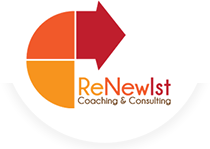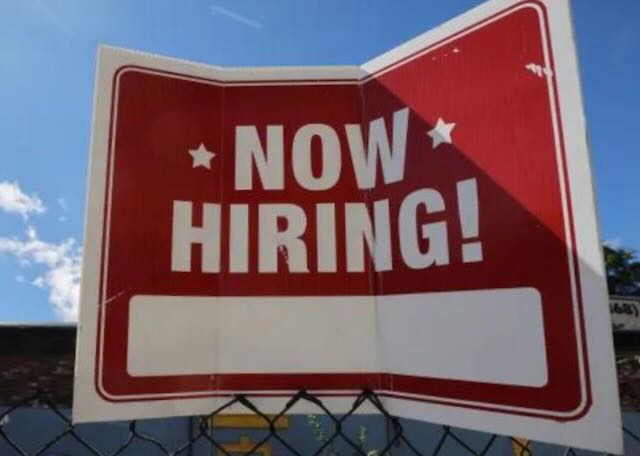Over the last few months, the impact of the Covid-19 pandemic on our lives has been tremendous. As a career coach, I’ve spent a great deal of time helping people make wise career decisions under the new circumstances. Some of my clients are young individuals who now feel greater responsibility for planning their career and financial future.
Admittedly, the findings of the Deloitte Global Millennial Survey 2020 do not come as a surprise. The survey shows that nearly half of millennials (44%) and Gen Zs (48%) in countries all over the globe say they are stressed all or most of the time. Financial concerns, family welfare and career expectations are stated as the major causes of stress. While the pandemic has disrupted economic activities and created uncertainty, the feelings of anxiety lead to increased awareness among members of these generations.
During a recent consultation session, I found out that a 16 year old high school student was reconsidering his decision to become a pilot because of the negative long-term outlook on the airline industry. Despite his childhood dream to fly a plane, he said that being home during the pandemic made him evaluate his priorities, like finding a great job right after college and being financially stable. Another client who is a recent graduate hunting for her first job needed help to make herself a more marketable candidate in the job market. Both clients wanted to discuss their career plans and receive my constructive feedback.
The key to making wise career decisions is to broaden your perspective by taking information and advice from sources both similar to and different from your own desires, needs and experiences. So, how should you do it? First, determine what you find important in this decision, who you should talk to and what questions you should ask. Second, find a variety of people in your network (professors, tutors, supervisors, colleagues, friends, etc) who see the world in different ways. Third, know your purpose and ask a lot of open-ended questions to explore positives and negatives or pros and cons.
If you talk to career experts, you can even have the exact tools, such as the Birkman Method, to understand your perceptions, motivations and expectations that will guide you in the decision making process.



